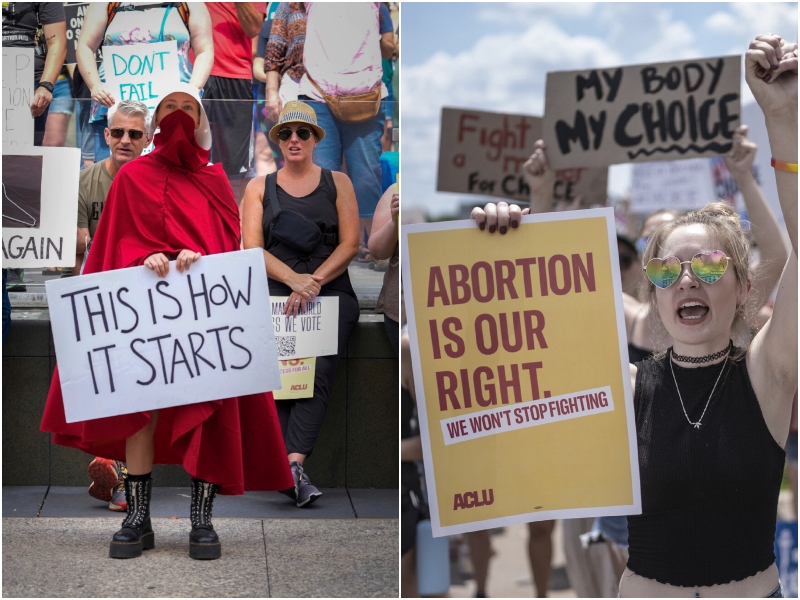Tennessee’s abortion ban faces scrutiny over its medical emergency exception, as a court has ruled the language lacks clarity. This ruling prevents the state from enforcing the ban in specific medical situations while a lawsuit progresses, initiated by doctors and women who claim they were denied necessary abortions.
On Thursday, a three-judge panel from the Tennessee Chancery Court in Davidson County stated that doctors must permit abortion if a pregnant woman’s water breaks or her cervix dilates before fetal viability, or if the fetus has a fatal diagnosis that threatens the mother’s health.
The court’s order prohibits the state from disciplining the plaintiff doctors for performing abortions under these conditions. The state acknowledged that these situations should qualify under the medical exception for the preliminary order, according to the court.
However, the court did not grant a broader order requested by the plaintiffs, which would have allowed abortion whenever a doctor deemed it necessary based on good faith medical judgment.
Tennessee enforces a near-total abortion ban throughout pregnancy, allowing a narrow exception only to prevent the mother’s death or severe, irreversible impairment of a major bodily function. Linda Goldstein from the Center for Reproductive Rights, representing the plaintiffs, stated, “This ruling is a win for pregnant patients in Tennessee and vindicates the brave women in this case, who faced denial or delays in receiving medically necessary abortions.”
Tennessee Attorney General Jonathan Skrmetti, a Republican, responded by asserting that the state’s abortion ban “allows pregnant women to receive all necessary care to address serious health risks,” emphasizing that the court’s “limited” order reflects that understanding.
The court denied the state’s motion to dismiss the case, allowing the plaintiffs to continue their challenge to the law and seek a final ruling.
Seven women filed the lawsuit in September 2023, claiming they had been denied medically necessary abortions due to the vagueness of the medical exception in the state’s ban. On Thursday, the court determined that the plaintiffs likely could demonstrate the medical exception’s lack of clarity and its violation of their right to life under the state constitution.

